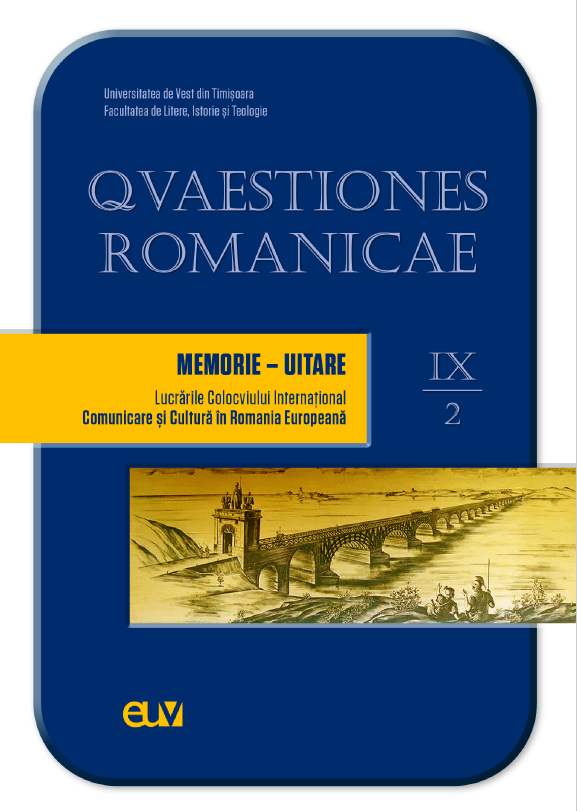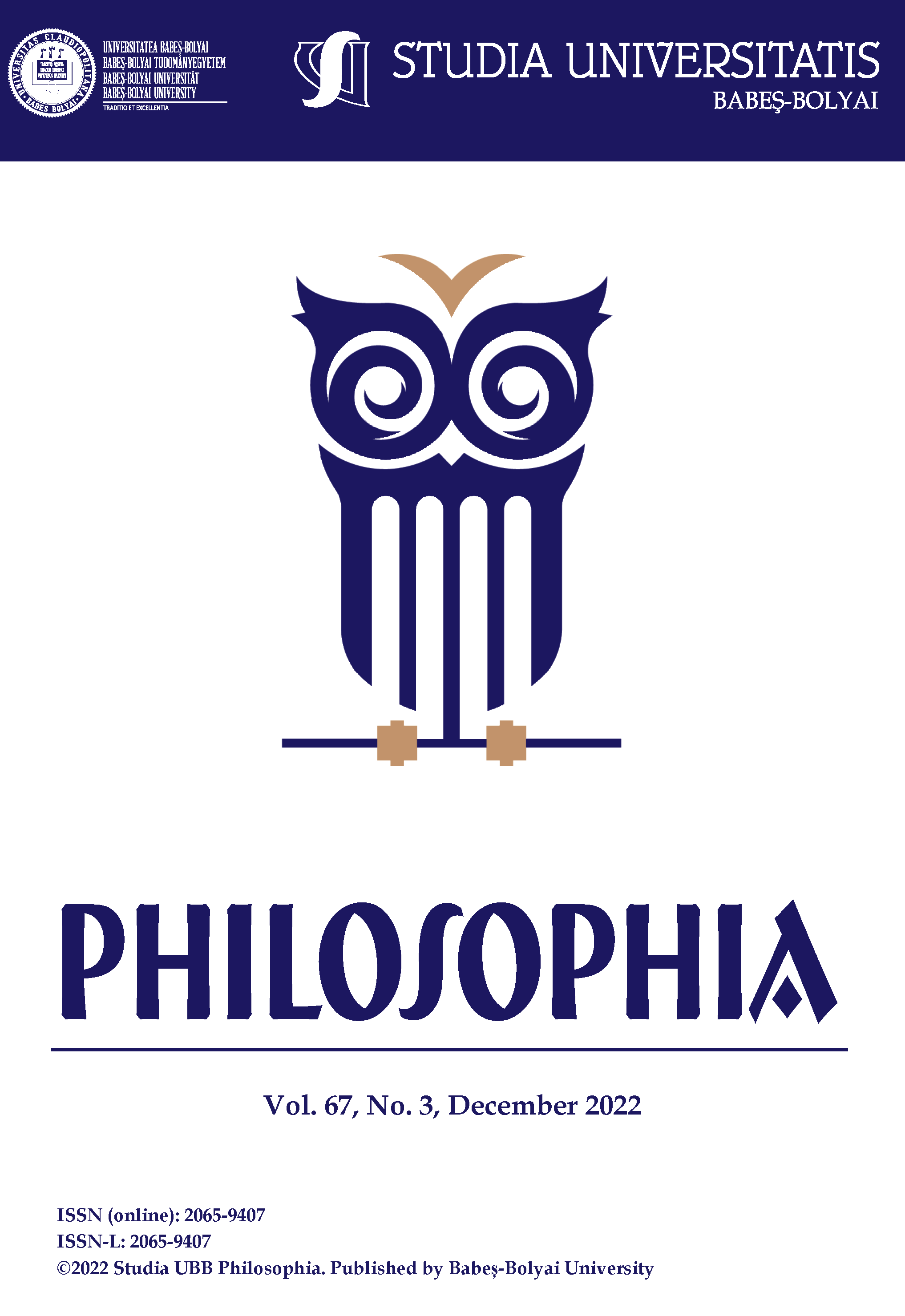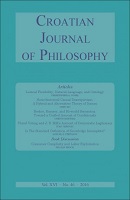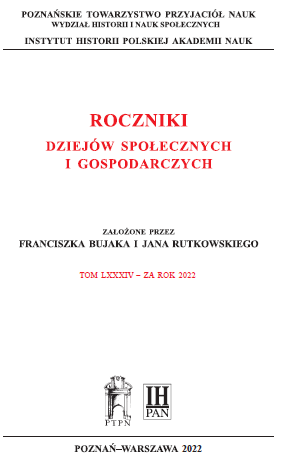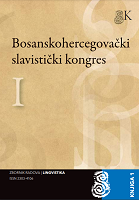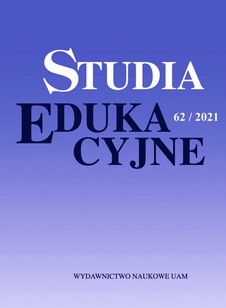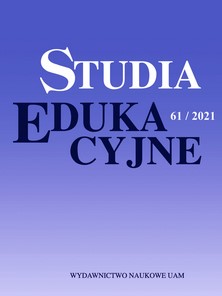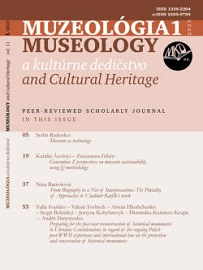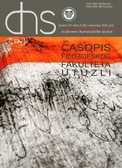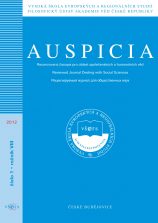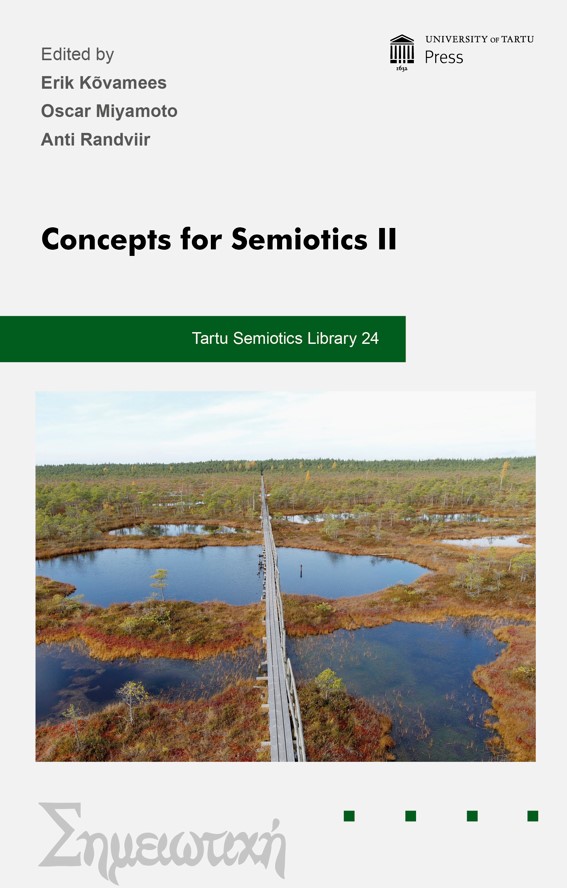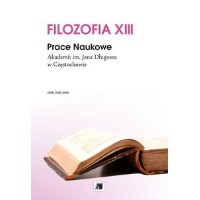
Is Neurosis a Private Language?
Sigmund Freud`s psychoanalysis was an extremely complex project in the field of research into the human psyche. His work is not only the proposition of a completely unusual solution to the dilemma of behaviour, new therapy – the talking cure – as one of his patients named it, but also a whole new hermeneutics, and theory of symbol. In this paper I would like to focus mainly on the latter, and investigate an idea of Jürgen Habermas, that neurosis could be understood as a private language. For this I would like to make use of Wittgenstein’s metaphor of language as a game, plus further analyse his argument of private language, to which Habermas refers, I would then like to investigate the way in which Freud defines neurosis. In conclusion I shall investigate the interpretation of therapeutic process by Habermas, as I believe it is the core of this problem.
More...

